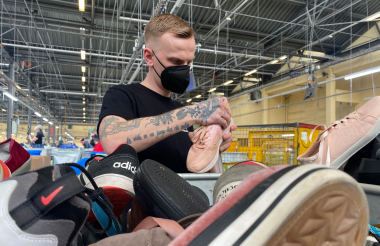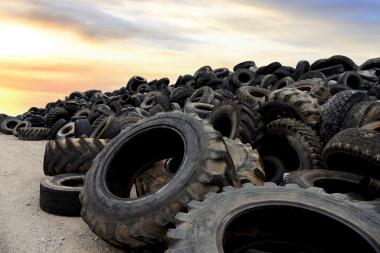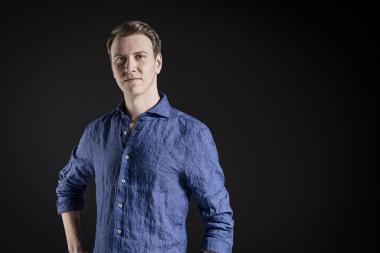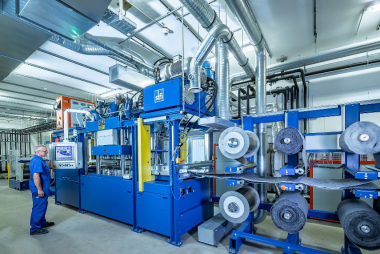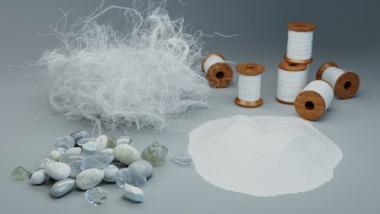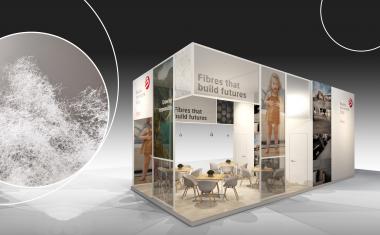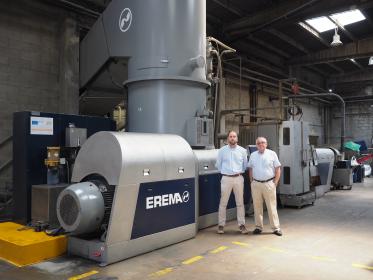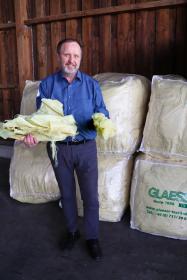SOEX rettet aussortierte Sneaker zusammen mit dem Start-up Sneaker Rescue
SOEX ist eine Geschäftspartnerschaft mit dem Start-up Sneaker Rescue eingegangen, um getragenen Schuhen ein zweites Leben zu geben. Zehn Tonnen aussortierte Schuhe kommen jeden Tag im SOEX Sortierwerk in Wolfen an. Das sind mindestens 20.000 Paar Schuhe pro Tag, viele davon sind Sneaker. Der Großteil dieser Schuhe gehen wieder in den Verkauf in Secondhandläden oder auf Märkten im Ausland. Manche Schuhe sind aber so dreckig oder kaputt, dass sie niemand mehr kaufen möchte. Bisher werden diese Schuhe nicht mehr getragen, sondern recycelt. Diesen Schuhen schenkt SOEX jetzt ein zweites Leben – nicht mehr nur als Rohstoff für andere Produkte, sondern in ihrer ursprünglichen Form: als tragbare Schuhe. 400 Paar will SOEX täglich retten. Der Retter in der Not an der Seite von SOEX ist Hagen Matuszak, der Gründer von Sneaker Rescue, einer Reparaturwerkstatt aus Berlin, die auf Sneaker spezialisiert ist. Gemeinsam wollen SOEX und Sneaker Rescue dafür sorgen, dass auch in der Sneaker-Welt statt Tragen, Aussortieren, Recyceln ein wirklich geschlossener Kreislauf entsteht: getragene, aussortierte Schuhe sollen weitergetragen werden.
Allein in Deutschland werden laut Umweltbundesamt über 380 Millionen Paar Schuhe pro Jahr weggeworfen. Viele davon sind Sneaker, die in den letzten Jahren zum gehypten Konsumgut avancierten – sie haben längst ihr rein sportliches Image abgelegt und ihren Weg in unsere alltägliche Garderobe gefunden. Nun kommen immer mehr dieser Sneaker in den Sortierwerken von SOEX an, weil sie nicht mehr getragen werden oder aufgetragen wurden. „Indem wir Sneaker retten, retten wir die Ressourcen“, sagt Walter J. Thomsen. Denn in Sneakers werden eine Vielzahl an Materialien verbaut, im Schnitt sicher 50, schätzt der Sneaker-Fachmann Matuszak. Darunter viele Materialien wie Polyester, für deren Herstellung Erdöl als Rohstoff verbraucht wird – genau diese fossilen Rohstoffe gilt es zu bewahren, statt zu verschwenden, dafür müssen die Sneaker gerettet werden.
Das muffige Image von getragenen Schuhen hat nichts mit dem zu tun, was am Ende dabei rauskommt, wenn Hagen Matuszak mit ihnen fertig ist. Eine Stunde braucht er, um ein Paar zu retten. Das heißt: Schuhe reinigen, Sohle austauschen, Löcher stopfen. Und auch gegen den Geruch von getragenen Schuhen hat Hagen Matuszak bereits eine Lösung in seiner Werkstatt in Berlin Britz stehen: ein Ozongenerator. Der Aktivsauerstoff Ozon reagiert mit den Geruchsmolekülen und inaktiviert diese. Die Gerüche sind damit nicht nur überdeckt, sondern zerstört. Am Ende werden aus den geretteten Schuhen neuwertige Schuhe ohne knappe Ressourcen für einen komplett neuen Schuh zu verschwenden. SOEX und Sneaker Rescue leisten damit einen wichtigen Beitrag, um Langlebigkeit und Kreislaufwirtschaft in der Branche zu fördern.
SOEX


